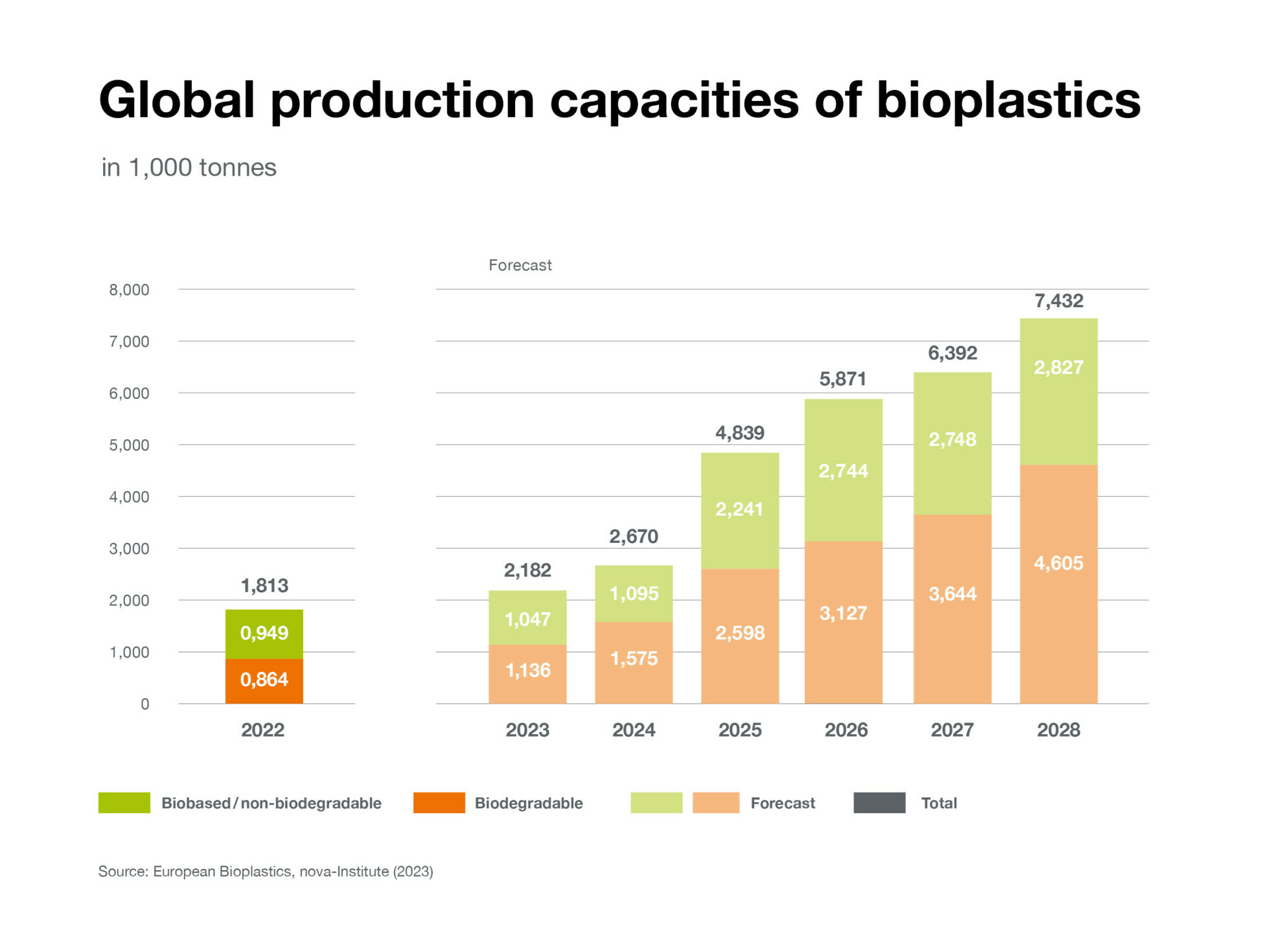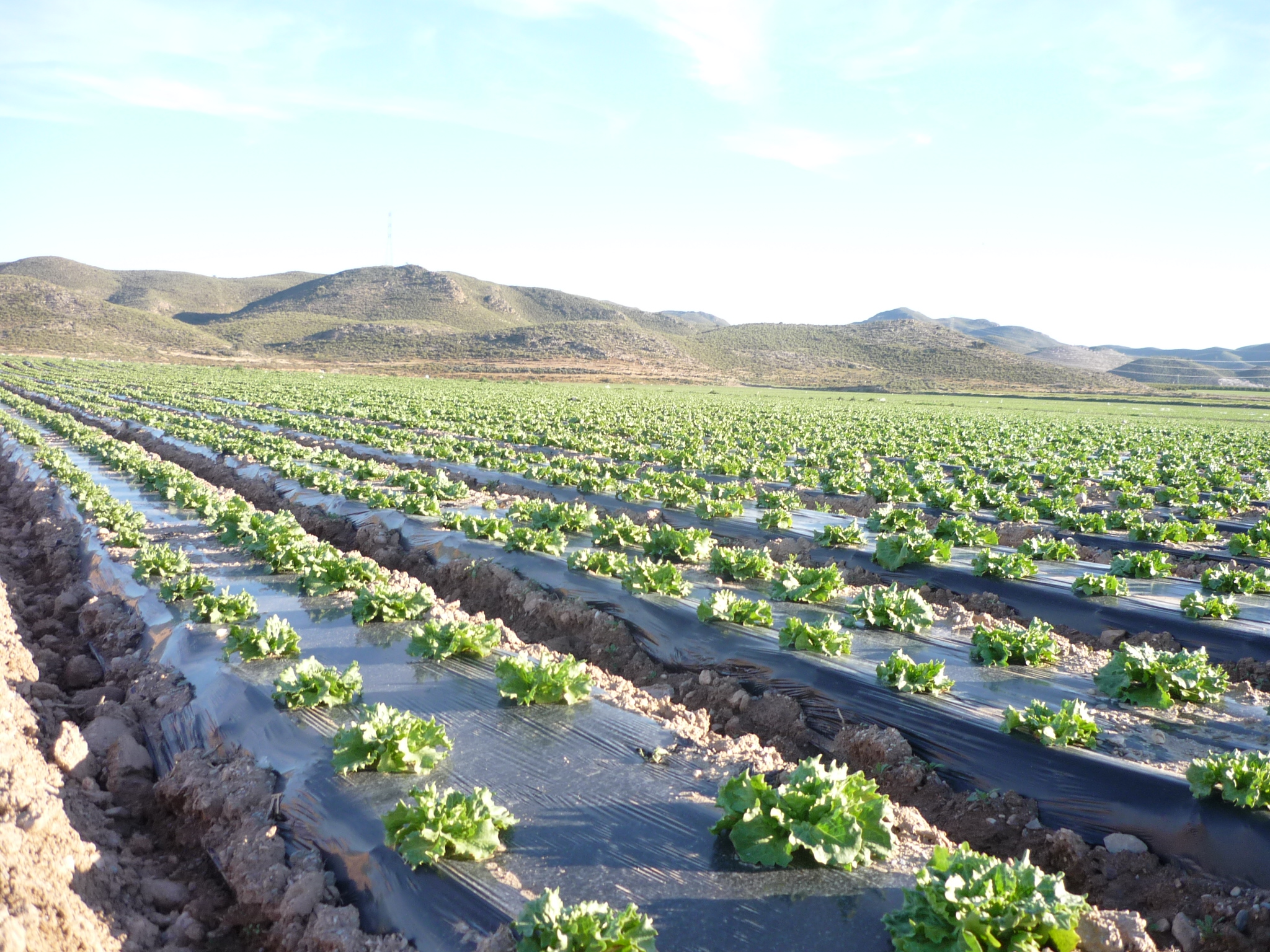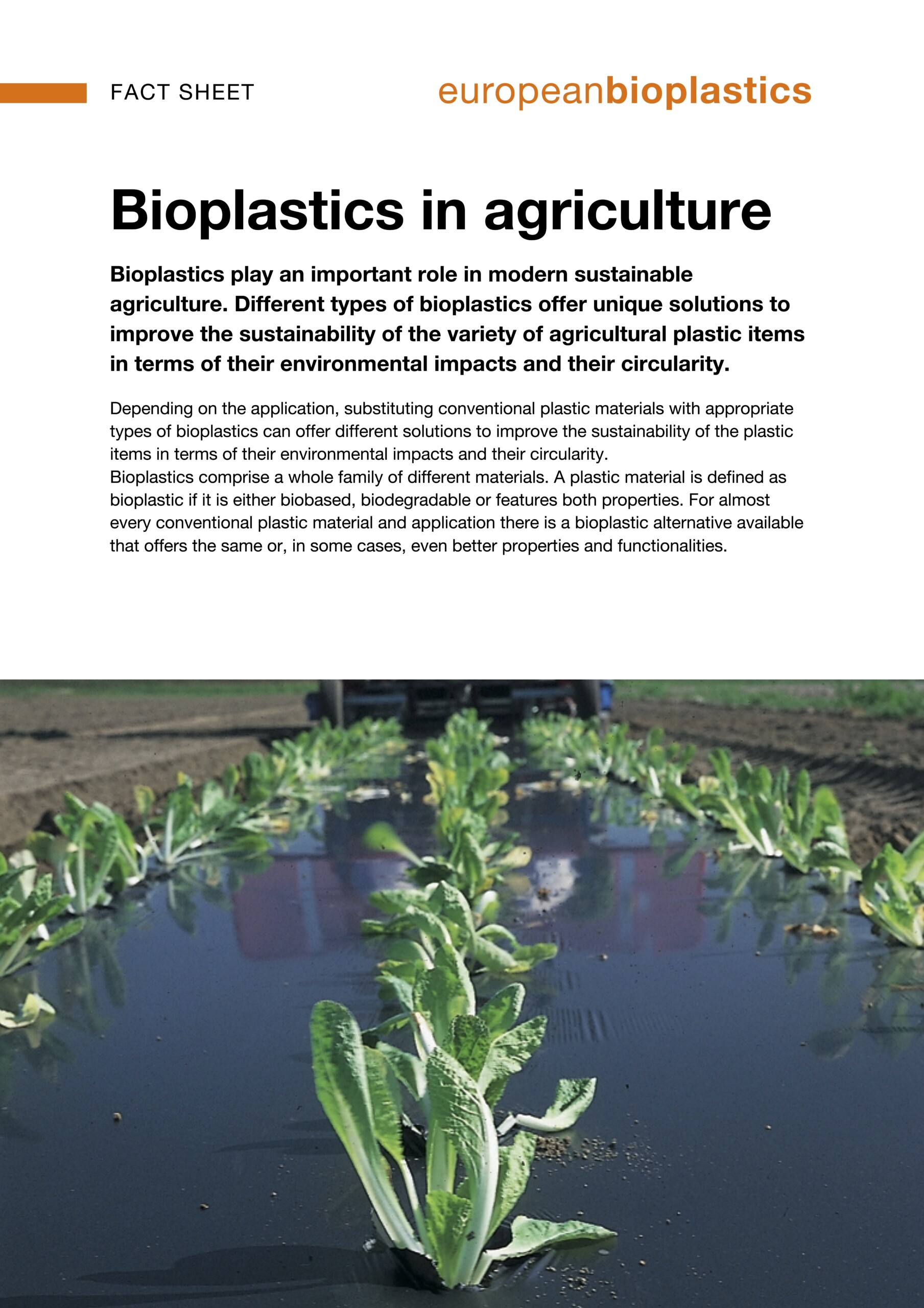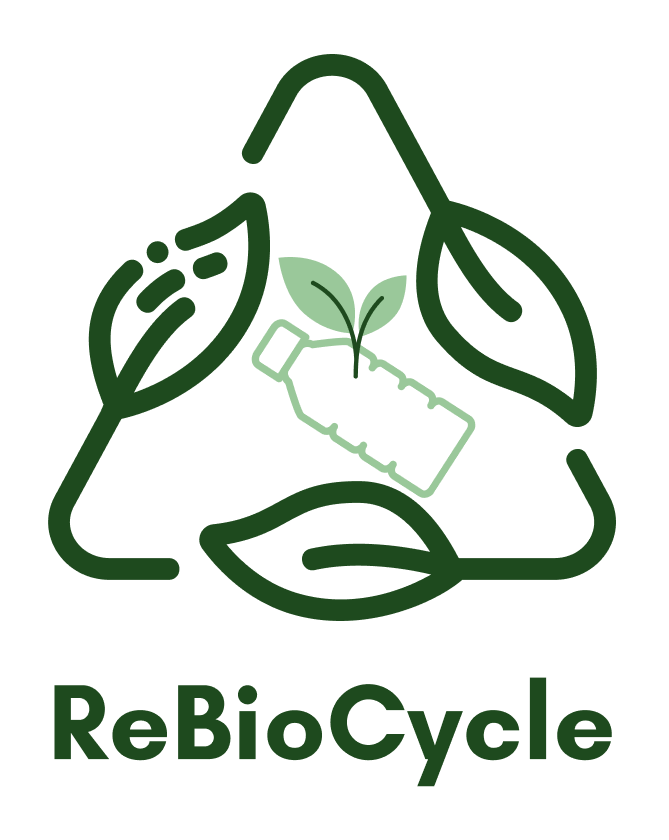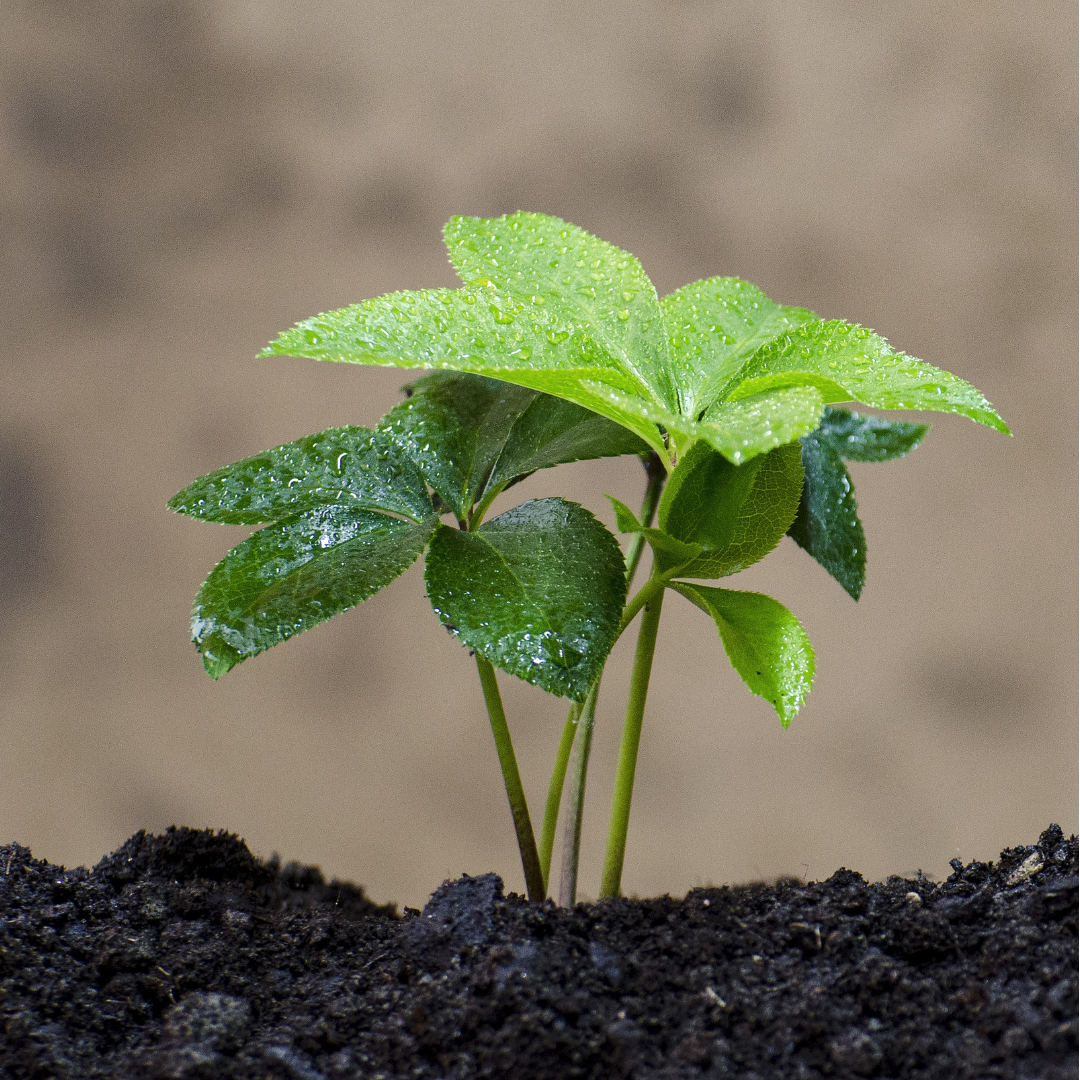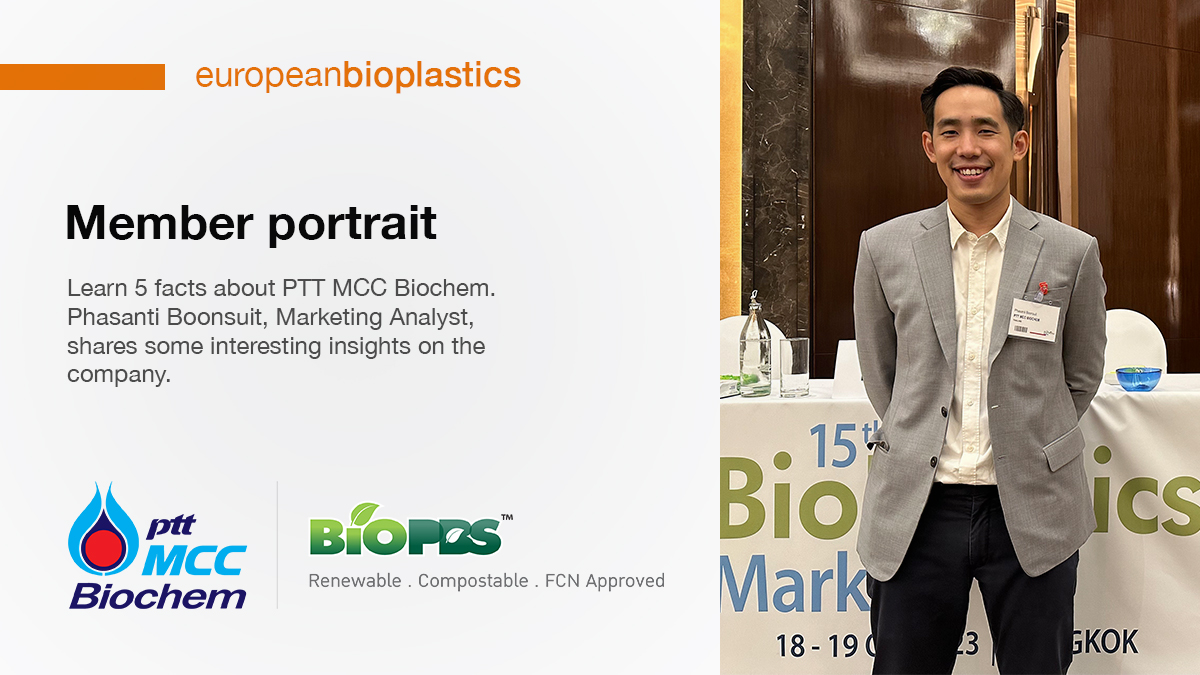BIOPLASTICS MARKET DEVELOPMENT UPDATE 2024
Open the document Continuous growth: global production capacities of bioplastics 2024-2029 Bioplastics currently represent roughly half a percent of the almost 414 million tonnes* of plastics produced annually. Overall global plastics production continues to rise steadily. This development is driven by rising demand combined with the emergence of ever more sophisticated applications and [...]
